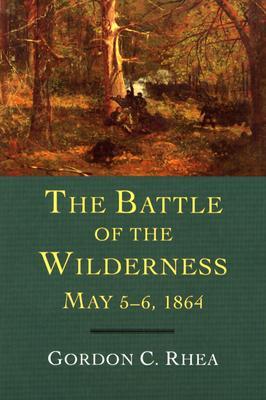
The idea has been in my head for years – a story about my great-grandfather. But I knew only a few facts about him, passed down by my father. Research has filled it in – a little bit.
Too young to enlist as a regular soldier, he’d been a messenger boy in the Civil War. He’d lost two brothers and a brother-in-law in the war, leaving him the youngest and surviving son. When the war ended in 1865, he had been “someplace east,” likely North Carolina rather than Appomattox. He had to walk home to southern Mississippi. When he arrived, he discovered his family was gone, having fled to Texas.
That was as much as I knew. When I finally decided to consider a story about him, I turned first to the family Bible, with its records of births, deaths, and marriages. The records, written over a period of 50 years, were in the same hand – my great-grandfather’s. They proved more revealing that I’d realized.
To continue reading, please see my post today at the ACFW blog.













